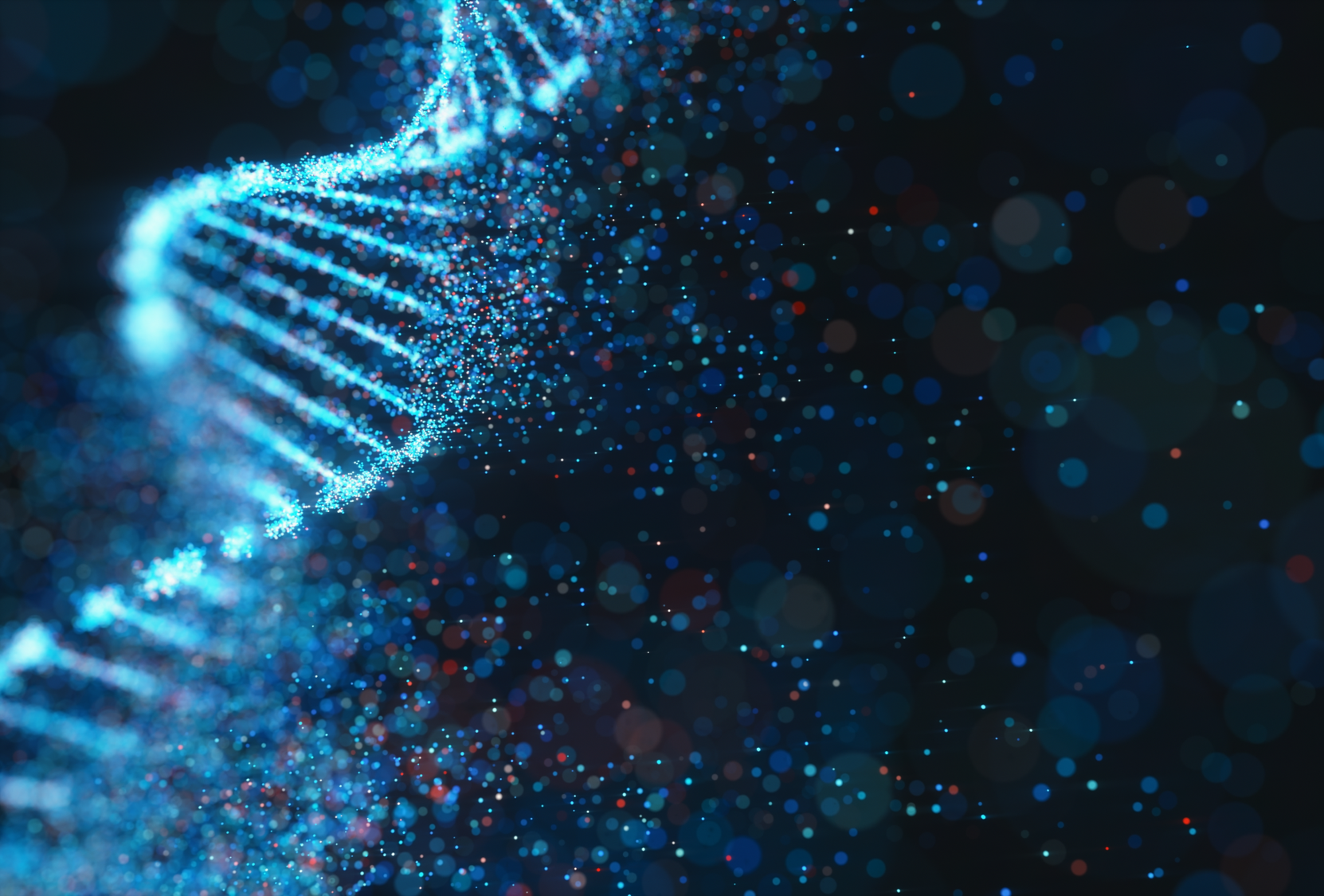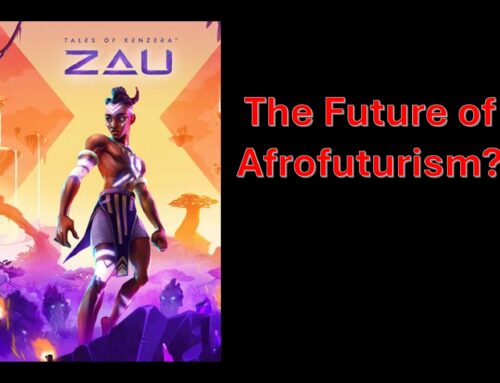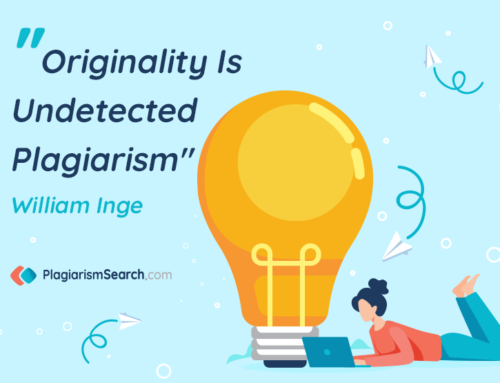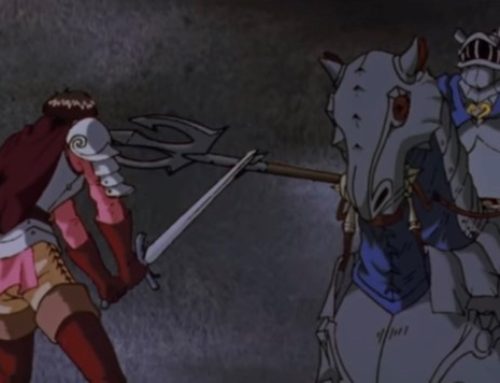Magic systems are one of those things in worldbuilding that are either really fun to make, or a real pain in the rear. Making a magic system that your audience will accept can be tricky, especially since most people have no real-world experience with anything like it, and if you’ve created a system which does have a real-world analogue, that can make the problems even greater, since there’s no guarantee that your system will line up with what people know in real life. For example, if your alchemy works like real-world chemistry, a professional chemist might think your magic system sounds nothing like his job, likely because the author has never worked as a chemist.
One of the first questions that every writer building a magic system should ask: who can use it? The answer to this decides how many wizards you have running around in your world, how people can study it, how the general public reacts to magic, and many other questions. A lot of times, this can connect with whatever the “source” of magic is for your constructed world, as a magic system that’s self-aware might choose who can have magical powers, whereas a background field of magic might be available to anyone who knows how to access it.
By far the most common answer to this question, as far as I’ve seen, seems to be “they’re born with it.” This is especially common in high school and teenage fantasy (think Harry Potter, The Lightning Thief, The Kane Chronicles, The Dresden Files, The Mortal Instruments, etc.). Part of me used to think that the reason this was so common is because it’s so easy; the author doesn’t need to explain much beyond “my hero and everyone else with magic was just born with it.” However, I’ve started to notice another advantage to this type of magical inheritance: it instantly marks the protagonist as “special,” and to the target audience of many books like this, the desire to plant themselves into the protagonist’s shoes and be “special” like them is especially appealing to a teenager.
The other big convenience of magic being hereditary is that you can easily explain why magic users aren’t everywhere in your world, especially if it’s urban fantasy, and you need to justify why there’s a secret world that’s hidden from the modern one. It’s not a perfect solution, but it’s a start.
Of course, the obvious drawback to a magic system where some people are just born “better” than everyone else are all the horrific implications, considering what humans tend to do when they think one group of people are biologically superior to another. If the population can be split into mages and muggles, you don’t just have to worry about some people thinking they’re superior, you have actual proof that one group has a biological advantage that the other doesn’t. A wizard can be to a muggle what a normal person is to a man born blind. Nobody would believe that those two were born on an equal footing; even the blind person would gladly gain eyesight if it were an option. And this just opens the doors to all sorts of horrifying possibilities; magic eugenics, magic genetic engineering, magic arranged marriages, you name it. Imagine if a Sith lord from Star Wars were to kidnap Jedi and siphon their midichlorians off to enhance his own force powers. Is there any reason this wouldn’t work?
On one hand, there are actually a lot of ways that a clever writer could use these implications to write a compelling story. Afterall, if humans in your constructed world have the same tendency to be cruel to one another that they have in the real world, you could write a story about mages where the conflict relates to the issues of magic being hereditary. A great example of this done well is the anime/manga Attack on Titan, although I won’t say anymore about that to avoid spoilers.
But for most stories, the fact that genetic magic systems raise so many issues is a bug, not a feature. More often than not, it’s a problem that the author either doesn’t think about in their writing, or perhaps on some level, the teenage fantasy of being “special” is so important to the tone or message of the novel that the problems fall to the wayside.
So, what if you want write a novel with a genetic magic system that enjoys the benefits of hereditary magic, but doesn’t include all the ugly implications? Here are a few ways:
Option 1: Magic is something you’re born with, but the genes are so complicated and hard to predict that who gets born with powers and who doesn’t is mostly a game of chance. As is the case with genetics in real life, magic might be something a person has a higher chance of inheriting if one or both parents are mages, but sometimes a non-magical person is born of two mages, and sometimes a mage is born from two parents with no magical ancestry at all. A great analogue for this in real life were the virtuosos of the Baroque period. No one really knew why some people were born with nigh-superhuman musical skills (something that has no connection to evolution and isn’t far removed from magic in its own right), but everyone figured out pretty quickly that you couldn’t make a virtuoso; you were either born one or you were not. This option would make magical eugenics pointless, because like with the virtuoso piano players, you could never really predict who would be born with this fairly bizarre ability.
Option 2: Magic comes with drawbacks. In real life, evolution tends to give with one hand and take with the other. The reason apes lost their tails was because tails take up brainpower from the motor cortex, and monkeys with tails have poor eye-hand coordination – the price of being able to hit what you’re aiming at with a projectile is that you can’t have a prehensile tail. Magical abilities could come with similar drawbacks for the person lucky (or unlucky) enough to inherit them. Maybe overuse of sorcery causes insanity, or comes at the cost of lifespan. Maybe every use of magic causes some kind of karmic backlash that causes the universe to randomly punish the magic user. This would make a lot of readers grateful that they aren’t magic users in your universe.
Option 3: Magic has a will of its own, and is choosing who receives it at birth. Rather than simply be the result of a genetic lottery, magic could be controlled by a sapient force, or a god of magic, or even just the fates themselves, and they are actively selecting who gets to be a wizard and who doesn’t by selecting people either at random, or for their own agenda. Like option 1, this eliminates magic eugenics, because it isn’t really a person’s genes that decide if they get magical powers or not. And like option 2, the magic in this system will come with a price, namely the fact that the powers that be have marked you as important to their purposes, and this strongly suggests that if you have magic, your life is not your own. The implications of having been claimed by supernatural forces for reasons you might not even be capable of understanding is more than enough of a drawback that many readers wouldn’t want to be one of these “special” persons, because the cost outweighs the benefits. Other questions rise, like: can you lose your magic if you don’t do what the source of power wants? Can the chooser make mistakes? How do people’s religions get involved when someone chosen by the gods to inherit supernatural powers is born?
There are a lot of other issues that come up with a magic system where powers are granted at birth, but this post has gotten long enough. I’ll deal with questions of learning how to use those powers, how societies would shape around them (even without the eugenics problem) another time.
I’m on Minds now! Check me out here: https://www.minds.com/sam_tates_thinktank/





